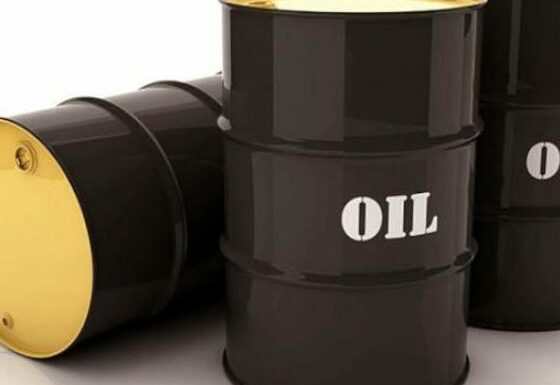
With winter ahead and a gas smash in Europe, the interest picture seems promising. However, request annihilation could be inescapable as costs move higher, a few specialists are cautioning.
Higher energy costs will likewise fuel considerably higher expansion, which represents a critical danger to request.
The current energy market picture is solid for oil bulls.
Global benchmark Brent rough passed the since a long time ago expected limit of $80 per barrel on Tuesday, however it’s since slipped down to exchange at $78.47 as of Wednesday at 10:30 a.m. in London. West Texas Intermediate was exchanging at $74.73 per barrel around a similar time.
With winter ahead and a gas smash in Europe, the interest picture seems promising. However, request annihilation could be close to the corner as costs move higher, a few specialists are cautioning.
“Oil costs have detached from the minimal expense of supply. All things being equal, they are going to the level where request obliteration kicks in, which we gauge at ~$80/bbl.” That’s what Morgan Stanley wrote in June, and in a note Tuesday, the bank stated: “This remaining parts our proposal.”
It added, notwithstanding, that “the cost at which request annihilation kicks in can be mischievously hard to appraise. We leave our value estimate unaltered for the time being yet perceive that, on latest things, potential gain to our bull case situation to $85/bbl unmistakably exists.”
Morgan Stanley anticipates worldwide oil supply getting more tight, refering to a normal of 3 million barrels of unrefined each day of stock attracts the last month, contrasted with 1.9 million barrels each day attracted the former months of this current year.
“These draws are high and recommend the market is more undersupplied than commonly seen,” the bank’s examiners Martijn Rats and Amy Sergeant said.
Moreover, flights and transport have gotten, with Flightradar information on business flights “shutting the hole to pre-Coronavirus levels,” they said.
In any case, not every one of the signs are bullish.
The World Bank said Tuesday that the Delta variation is easing back financial development in the East Asia and Pacific locale, and development estimates have been minimized for the majority of the area’s nations. Also, China faces an expected stoppage with its Evergrande emergency and a developing force lack that is hitting industrial facilities, homes and supply chains.
“China’s financial difficulties are projecting a dull shadow on the interest side of the oil coin and thus the value standpoint,” cautioned Stephen Brennock, a senior examiner at London-based PVM Oil Associates.
Higher energy costs will likewise fuel considerably higher swelling, which represents a huge danger to request.
“Rising oil costs have been perhaps the greatest driver of expansion,” Brennock said in a note Tuesday. “Also, a demolishing inflationary circumstance will go about as a drag on the delicate monetary recuperation and oil utilization. This brings us perfectly onto the issue of interest obliteration.”
China and India, a portion of the world’s top oil shippers, started selling oil this month from their essential stores in an exceptional move to attempt to bring down rough costs as energy costs flooded across the locale. While it hasn’t prevailed with regards to bringing down worldwide costs, it sent a critical message.
“The justification for this development is value,” Brennock composed. “At more than $70/bbl, rough seems to have become excessively costly for Beijing and New Delhi. … Oil costs hitting $80/bbl will be an extreme trouble spot for these vital rough purchasers and is probably going to subvert import interest.”

Noah Williamson is best known as an author. He wrote number of books as well as news articles. He is a teacher of high school. He writes books and news articles side by side.Now he works an author in Financial Reporting 24 .
Disclaimer: The views, suggestions, and opinions expressed here are the sole responsibility of the experts. No Financial Reporting 24 journalist was involved in the writing and production of this article.

